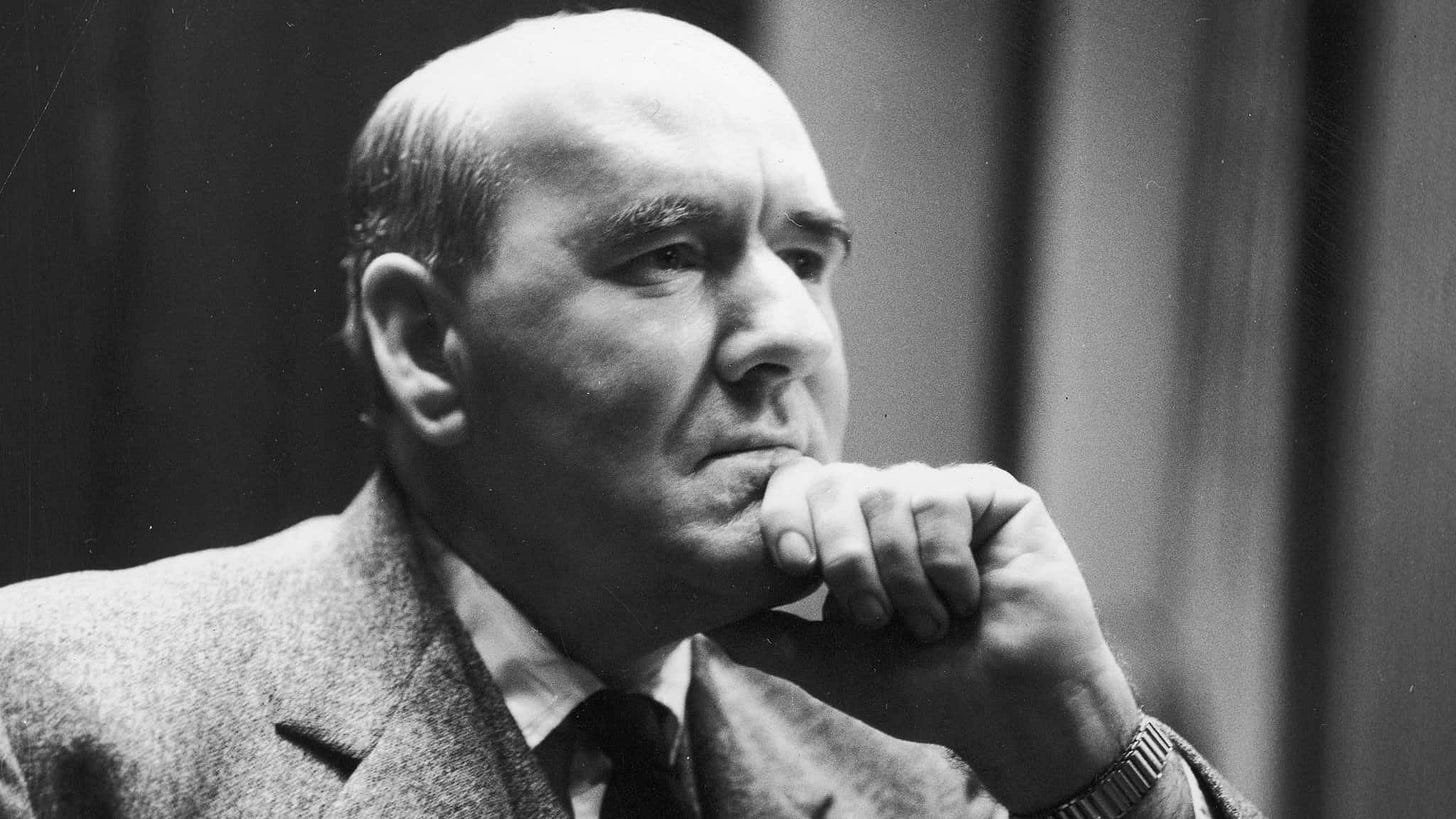Parkinson's law extended
"It is a commonplace observation that work expands so as to fill the time available for its completion."
Thus wrote Cyril Northcote Parkinson, a British historian, in The Economist magazine in 1955. Parkinson half-seriously dubbed the principle "Parkinson's law," by which tag it has been known ever since.
Parkinson elaborated with examples from the British civil service. Yet the principle applies to almost any bureaucracy. Indeed, a variant applies to human nature itself. In this enlarged sphere, it might be reformulated as: "Cares expand to fill the mental space available for worrying."
An older adage asserts that money can't buy happiness. This isn't quite right. Money can buy happiness, but the happiness doesn't last. Many people are delighted with numerous things money can buy: vacations, fast cars, meals at fine restaurants, World Series tickets, new puppies. But the effect wears off. This is because much of the happiness lies in the novelty of the thing acquired or experienced.
The novelty affords distraction from humdrum life with its quotidian cares. Humans appear to be wired for cares. To others the handsome man or successful woman would seem to have it made, but he worries that people think he's a lightweight and she hears the footsteps of rivals about to overtake her.
Those blessed by circumstance might not be more prone to depression than others, but they don't seem any less. If the causes of today's cares disappear, we find new causes for new cares.
Some will dispute this assertion. Those who do so from their own experience can't well be contradicted; they know what they know. And more power to them. But those who cite their observation of others might be mistaking appearance for reality.
To the extent the assertion is true—to the degree that cares expand to fill the available mind-space—it might seem that humans are condemned to be miserable. This would be the wrong conclusion to draw.
In the first place, worry need not produce misery. In fact our worries can be wrapped in our greatest joys. All parents worry about their children, and nothing gives parents greater joy than their kids. In this respect worry is simply an indicator of how deeply we are invested in the welfare of others.
In the second place, related to the first, we can to some degree choose the cares we want. Many parents choose to have children knowing full well—or at least having been warned—that the little darlings are life-changing responsibilities. We can opt to worry about things that really matter, to escape fretting over things that don't.
Thirdly, recognition that everybody worries—that we all have troubles that seem important to us—can reinforce a sense of belonging to the grand muddle we call humanity. We differ in many ways, and the differences aren't necessarily a bad thing. But occasionally we can use a reminder of what we share.
So when worry gets you down, remember that everybody else is worrying too. You might be in a ditch, but if you look around you'll find good company there.


Very glad to hear it
I was diagnosed of Parkinson’s disease. After years on medications, symptoms worsened with tremors on my right hand, numbness and tingling, muscle weakness and loss of speech. Fortunately last year, i learnt about Health Herbs Clinic and their Parkinson’s disease alternative treatment ( healthherbsclinic . com ), the Parkinson’s disease treatment made a great difference, most of my symptoms including tremors, weakness and others gradually disappeared. I improved greatly over the 6 months treatment, it’s been a years since the treatment, i have no symptoms. I have a very good quality of life and a supportive family!